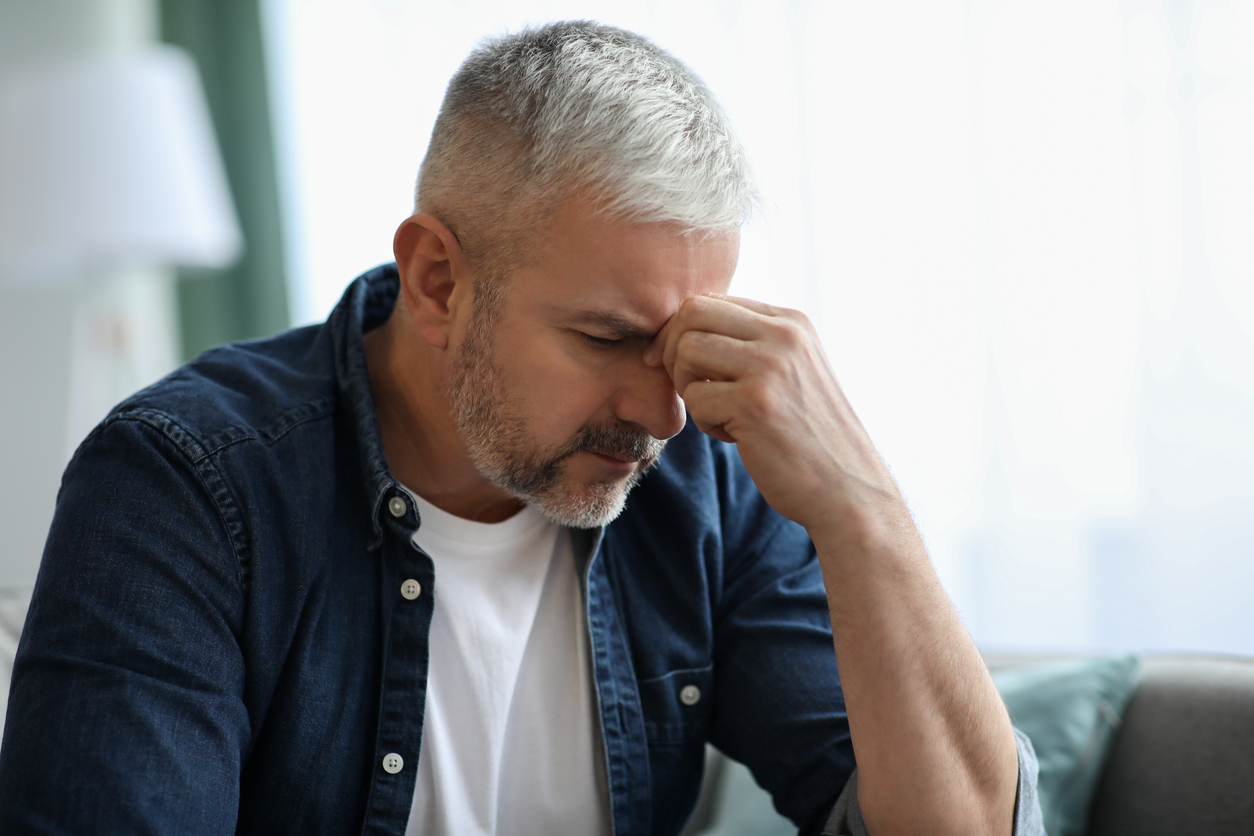
17 Nov What is Generalized Anxiety Disorder?
Excessive worry is never good for anyone. However, for individuals with generalized anxiety disorder, constant stress and worry can interfere with their ability to live an ordinary life. The condition affects nearly 7 million people in the US, according to the Anxiety & Depression Association of America.
What is Generalized Anxiety Disorder (GAD)?
Generalized anxiety disorder (GAD) is a form of chronic anxiety characterized by extreme worry, tension, and fear. Unlike panic disorders or phobias, people with GAD experience anxiety in many situations. Instead of the stress being based on specific situations, the stress is part of their everyday life and may come up during many types of situations. The excessive fear and worry can interfere with everything from relationships and performance on the job to social commitments and everyday responsibilities.
Common Symptoms of Anxiety Disorder
GAD can involve both mental and physical symptoms. The primary psychological symptoms can involve intense worry or fear that persists for long periods of time. The anxiety can be so severe that it changes how an individual interacts with others and the world around them. For example, someone with generalized anxiety disorder may have severe worry about being separated from their loved ones or intense worry about things like finances or their health.
It is also not uncommon for individuals who enter anxiety treatment to complain about physical ailments triggered by or associated with anxiety. Some common symptoms of generalized anxiety disorder include:
- Stomach issues, including nausea, diarrhea, or vomiting
- Muscle pain and tension
- Headaches or neck pain
- Fatigue
- Restlessness and irritability
- Difficulty with focus and concentration
- Sleep disruptions or problems falling asleep
- An overwhelming sense of impending tension
Treating GAD with Holistic Therapy
Holistic treatment for GAD works to do more than simply utilize medication to adjust brain chemistry. Instead, holistic treatment engages talk therapy. For example, cognitive behavioral therapy (CBT) may be used to help you better understand thought processes caused by anxiety and how to change them. This approach works by gradually exposing the patient to what they fear, until it no longer elicits anxiety. Psychodynamic therapy may also be used for identifying underlying feeling that have led to developing anxiety symptoms.
Work with Anxiety Specialists at Psych Choices
Living with severe anxiety can make you feel like you have no way to break past the barriers of fear that hold you back. If you suspect you have generalized anxiety disorder, it may be time to seek anxiety therapy. Reach out to our team at Psych Choices to get started on an easier road with the help you need. Request an appointment today.




No Comments